From Oops to Opportunity
Helping Your Child Learn Through Social Mishaps
Social missteps are a natural part of learning—whether it’s interrupting, ignoring others, saying an offensive joke, or misreading a situation. Instead of them seeing these moments as failures, we can help our children turn them into opportunities for growth.
➡️🔗www.NorikoAbenojar.com to view all past newsletters
➡️🔗Subscribe to the newsletter to receive email notification each time
➡️ Keep reading to the bottom for announcements!
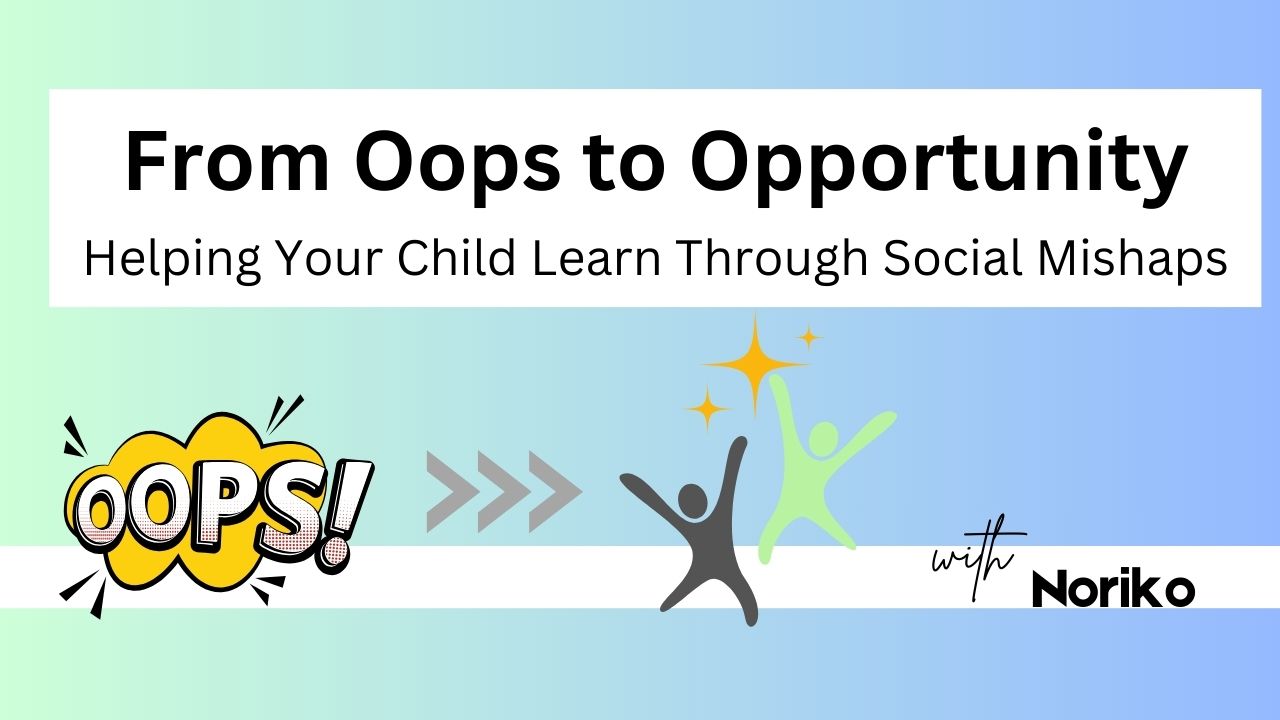
Why Learning Through Doing Matters
Many children, especially neurodivergent learners, don’t fully grasp social skills through explanations alone. They learn best by doing—through real interactions, trial and error, and reflection. This does make it difficult because challenges become unavoidable.
Each "oops" moment is a stepping stone toward growth...I like to phrase it "LEARNING FORWARD"
Encourage Reflection, Not Shame
Even if it is not the parent's intension, when kids feel like they’re in trouble, they may shut down or get defensive. Instead of focusing on what went wrong, guide them with curiosity:
✔ What went well?
✔ What did you notice?
✔ What Surprised you (unexpected)?
✔ What do you want to try next time?
"WAS THERE AN OOPS MOMENT? Let's talk it out"
This shifts the focus from self-criticism to problem-solving, making them more willing to try again.
Using Visuals to Support Learning
🔗CLICK HERE to check out my previous newsletter on the use of my favorite whiteboard!
Some kids struggle to process social interactions verbally. A whiteboard or simple drawing can help them see what happened and explore different responses without emotional overwhelm. Try mapping out:
🖍️ Who was involved?
💡 What were the possible reactions?
📌 How could they approach it differently next time?
Be Mindful of Your Own Reactions
It’s natural to feel uncomfortable when your child struggles socially, but your response shapes how they see the experience. If you react with embarrassment or power struggle, they may avoid social situations instead of learning from them.
✅ Pause before responding – Your discomfort doesn’t mean they failed.
✅ Model problem-solving – Show that challenges are part of learning.
✅ Encourage persistence – Remind them that every interaction builds confidence.
Final Thought
Social growth happens through experience, not just explanations. By shifting from "Oops" to Growth, children gain the confidence to navigate friendships and social challenges over time.
The next time your child has a social mishap, help them reflect—not retreat.
Gratefully yours,
Noriko
ANNOUNCEMENTS:

Online Workshop
REGISTRATION COMING SOON!
Let's Talk About Friendships - 4 Visual Tools Parents Can Use to Help Their Child Understand How Friendships Develop
YES! NOTIFY ME WHEN REGISTRATION IS OPEN
Please Help Spread the Word!
The more awareness we bring to the importance of social skills development, the more schools and workplaces will recognize the importance of inclusivity and the need for meaningful social support.
Please share this link: Parenting REdefined Newsletter (www.NorikoAbenojar.com/subscribe) to friends, families, teachers, or other professionals - encourage them to subscribe so that they don't miss announcements and new newsletters.
Noriko Abenojar, MSW PPS
Parenting REdefined
www.SocialAndCognitiveLearningCenter.com
Instagram: @NorikoAbenojar
Facebook: Parenting REdefined by Noriko Abenojar MSW PPS
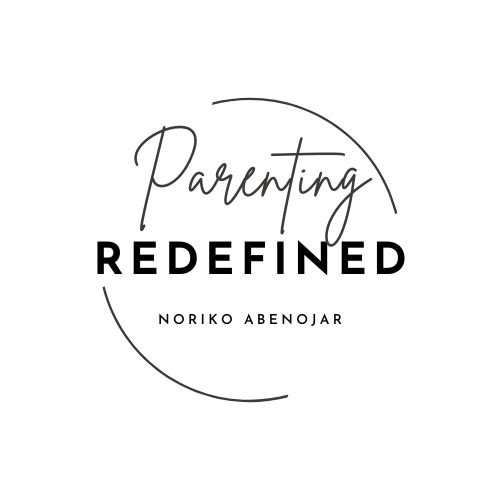
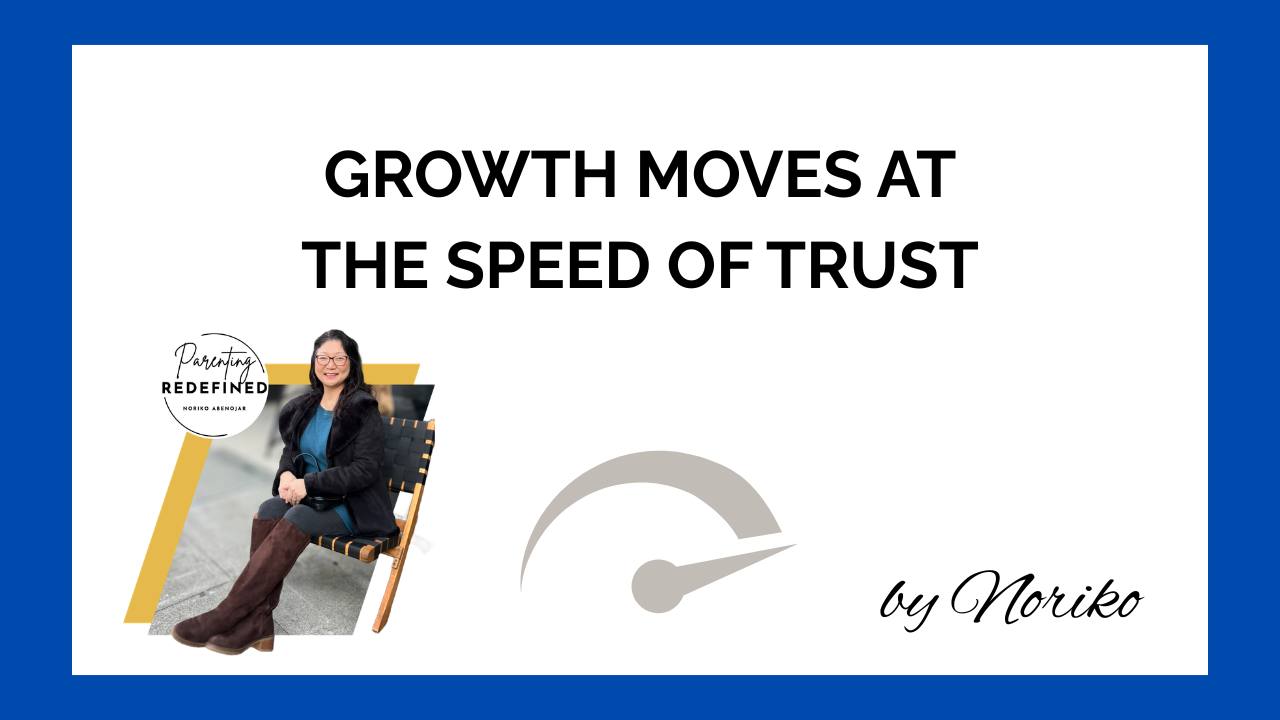
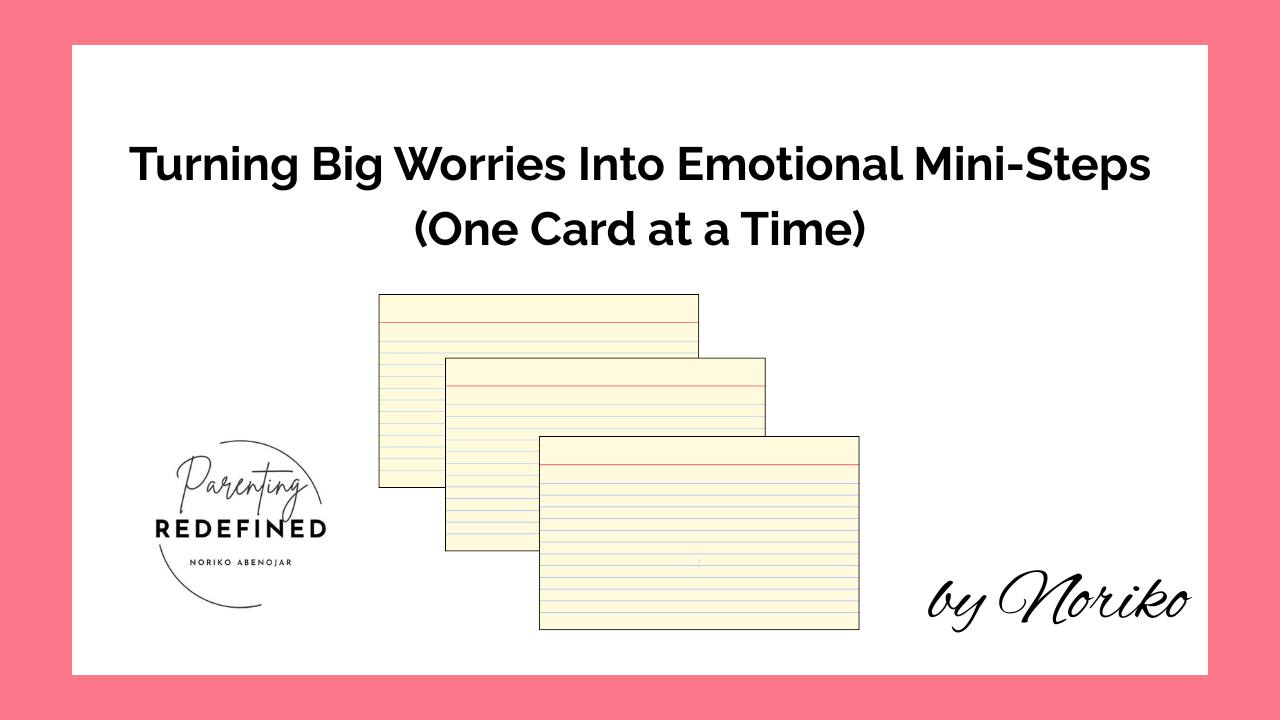
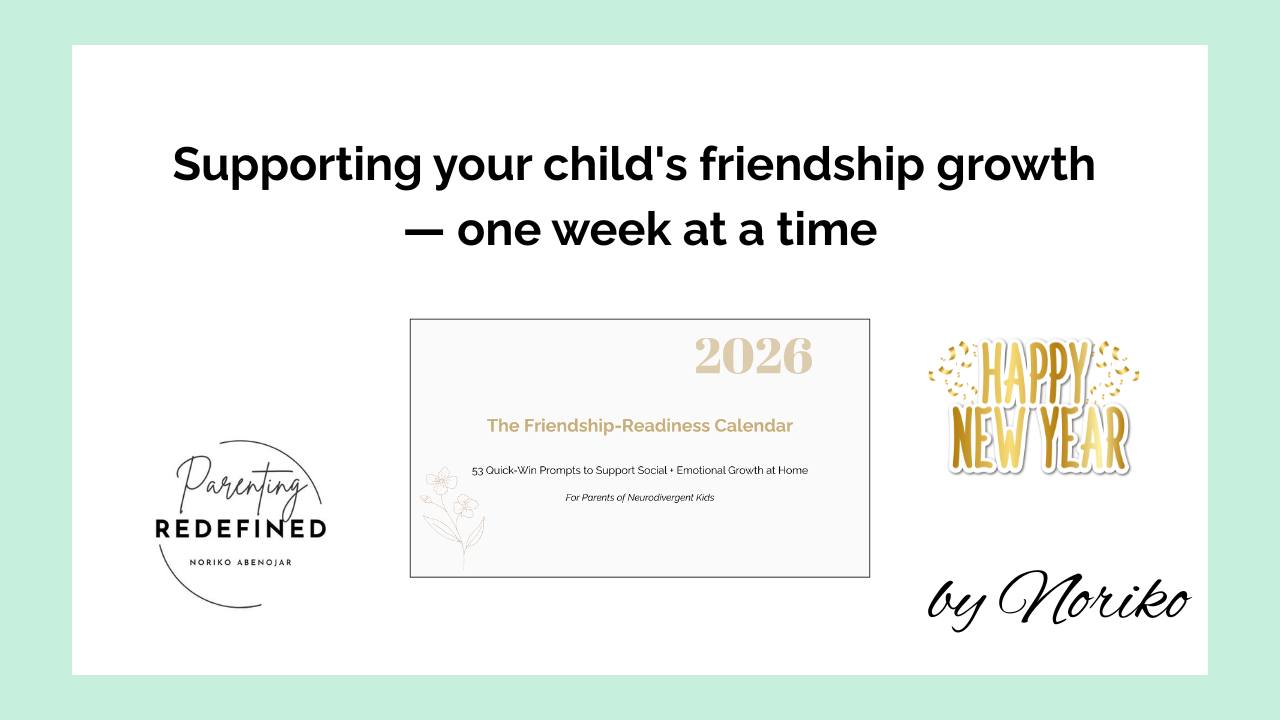
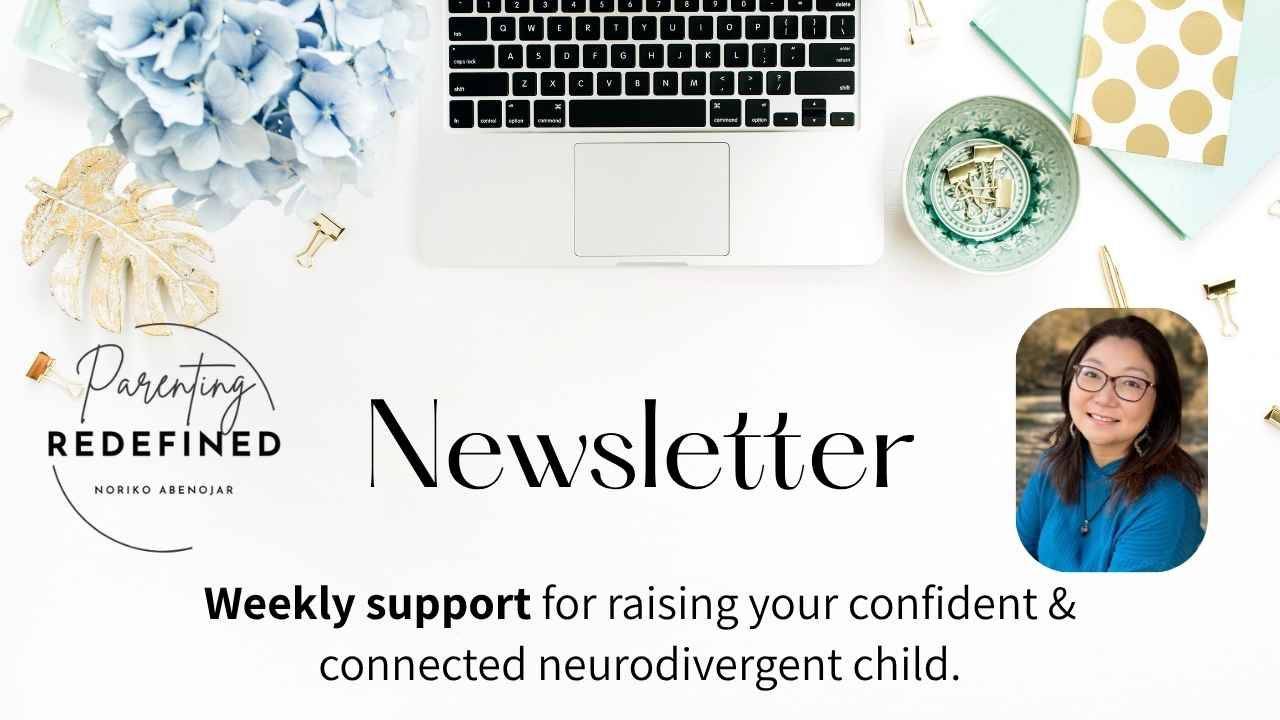

Responses